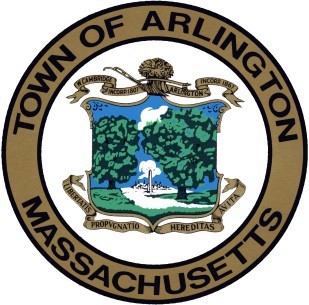by Steve Revilak
On Tuesday August 6, 2024, Governor Healey signed the Affordable Homes Act (H.4977) into law. It’s a significant piece of legislation that will take positive strides toward addressing our state’s housing crisis. At 181 pages, the Affordable Homes Act is a lengthy bill, but the things it does generally fall into three categories: funding, changes to state law, and changes to state agencies.
The act authorizes more than five billion dollars to fund the creation, maintenance, and preservation of housing. This includes $425M to housing authorities and local housing initiatives (including $2.5M for the Arlington Housing Authority), $60M to assist homeowners or tenants with a household member with blindness or severe disabilities, $70M for community-based efforts to develop supportive housing for persons with disabilities, and $100M to expand opportunities for first-time homebuyers.
The Affordable Homes Act makes several changes to Massachusetts zoning laws, including the legalization of accessory dwelling units (ADUs) statewide. ADUs, also known as “granny flats” or “in-law apartments,” are a cost-effective way to add new housing, and they’re typically used to provide living quarters for relatives or caretakers, or to generate rental income for homeowners. ADUs are now allowed in all single-family zones in Massachusetts, by right, without the need for a discretionary permit. Arlington has been a leader in this area, having passed an ADU bylaw in 2021, and it’s great to see this option extended throughout the Commonwealth.
Finally, the Affordable Homes Act makes a number of changes to state agencies, especially the Executive Office of Housing and Livable Communities (EOHLC). The Act establishes a new Office of Fair Housing within the EOHLC, to “advance the elimination of housing discrimination.” The Fair Housing office will provide periodic reports on progress towards achieving this goal. EOHLC is also charged with creating and implementing a state-wide housing plan that will consider supply and demand, affordability, challenges unique to different regions of the state, and an analysis of local zoning laws.
While our legislators deserve kudos for putting this package together, they also deserve kudos for what they left out. More than three hundred amendments were filed during House deliberations, and a number of them were intended to weaken the multi-family housing requirements of the MBTA Communities Act. For example, one amendment, simply titled “Technical Correction” would have rewritten the transit community definitions, in order to reduce the housing requirements for Milton. We are heartened that our legislators did not go along with such shenanigans.


